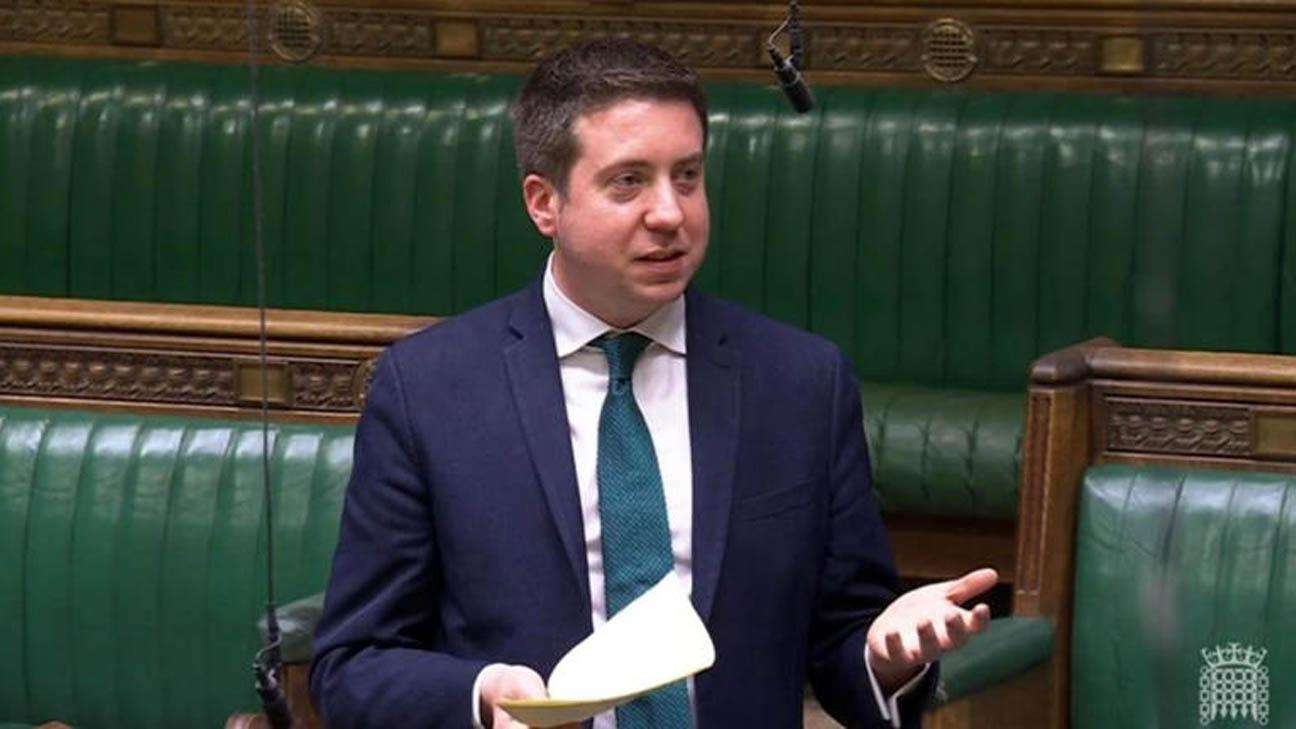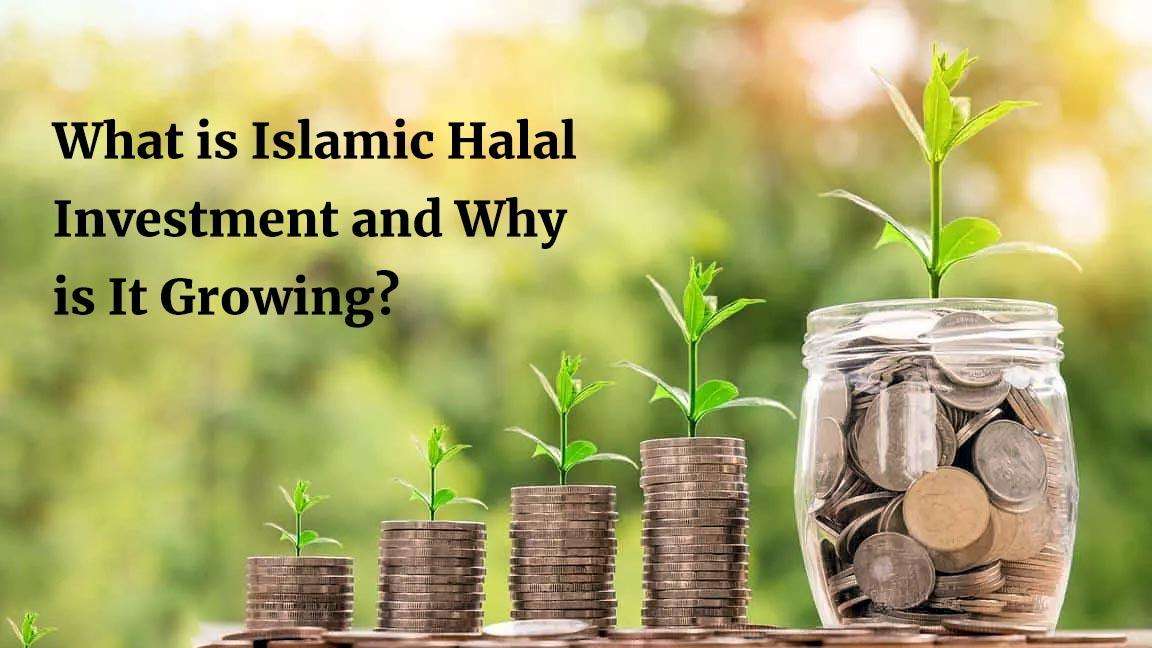The global Islamic halal economy is projected to reach a staggering market value of $7.7 trillion by 2025, more than doubling from $3.2 trillion in 2015. In comparison, it was valued at $5.7 trillion in 2021, showcasing rapid expansion, according to industry experts.
A recent report by the General Council for Islamic Banks and Financial Institutions highlights the tremendous growth of the global Islamic funds market, which has surged by over 300% in the past decade, with assets under management nearing $200 billion globally.
The data shows an increase in the desire for investments and opportunities that are halal, or "sharia compliant."
Islam allows investing, although it forbids several components of the activity, such as charging or paying interest. In the past, this has typically meant that Muslim investors and savers had fewer options.
What is halal investment?
Halal is an Arabic term meaning “permitted” and stipulating that:
- Transactions cannot involve “riba” (interest).
- Investments must not be made in “haram” (unlawful) assets or commodities such as pork products, alcohol or military equipment, among others.
- Investments cannot be made based on “gharar”, which has been described as “highly uncertain transactions or transactions that run contrary to the idea of certainty and transparency in business”.
“Halal investment is basically managing your money and finances in line with your faith,” Omar Shaikh, director of Islamic Finance Council UK (UKIFC), told Al Jazeera. “Muslims believe that earning money in a way which is halal is better than earning money (even if that is more) in a way that is harmful to society and against the morals of the religion.”
Umar Munshi, co-founder and managing director of Islamic finance group Ethis, said sharia compliance is key, but institutions and investors looking for ethical investments need to go even further to ensure a business is completely ethical.
“The actions of a business must not have a negative impact on society or the environment,” Munshi told Al Jazeera. “So it’s not only compliant, but refraining from having a negative impact. Investing in a tobacco company, for example, may be sharia compliant, but it’s not good for society.”
How does halal investment work?
Islamic business finance, which uses sharia-compliant insurance, novel profit-sharing arrangements, and sukuk, an Islamic financial certificate that indicates a portion of ownership, is one type of halal investing.
Sukuk investors acquire a portion of a company and thereafter earn profit payments, which are produced over time, in contrast to traditional bonds, a type of IOU that investors can purchase in order to receive interest payments. To maintain sharia compliance, these contributions are paid in lieu of interest.
“Islamic finance as a sector is barely 30 years old, with the past 15 years seeing the most development,” Shaikh from UKIFC said. “It takes time to educate and create awareness and as this has happened, more banks have focused on servicing the demand for halal investing. This in turn helps to create more products, which then creates more demand.”
Why is halal investment becoming more popular?
A Goldman Sachs report published in December 2022 estimated that by 2075, five of the world’s 10 largest economies – India, Indonesia, Nigeria, Pakistan and Egypt – will have Muslim populations amounting to more than 850 million people.
As the population rises, so does its demand for financial products. According to the State of the Global Islamic Economy Report 2023, published by research group DinarStandard, some $25.9bn was invested into sharia-compliant investments in the financial year 2022-23, marking a 128 percent year-on-year growth.
“In general, it [halal investment] is on the rise. People are a lot more educated and more aware of how their dollar impacts the socioeconomic landscape globally,” said Siddiq Farid, co-founder of SmartCrowd, a real estate investment platform based in Dubai.
“They are a lot more cautious, too, hence leading to more ethical investing, which halal investing is a big component of. It’s on the rise, particularly around the younger generation. The millennials, they are a lot more aware socially. People realise exactly where their money is going and how it’s being used.”
An increase in opportunities for halal investing and their ease of access are also cited as reasons driving the rise in demand.








.svg)



.jpg)